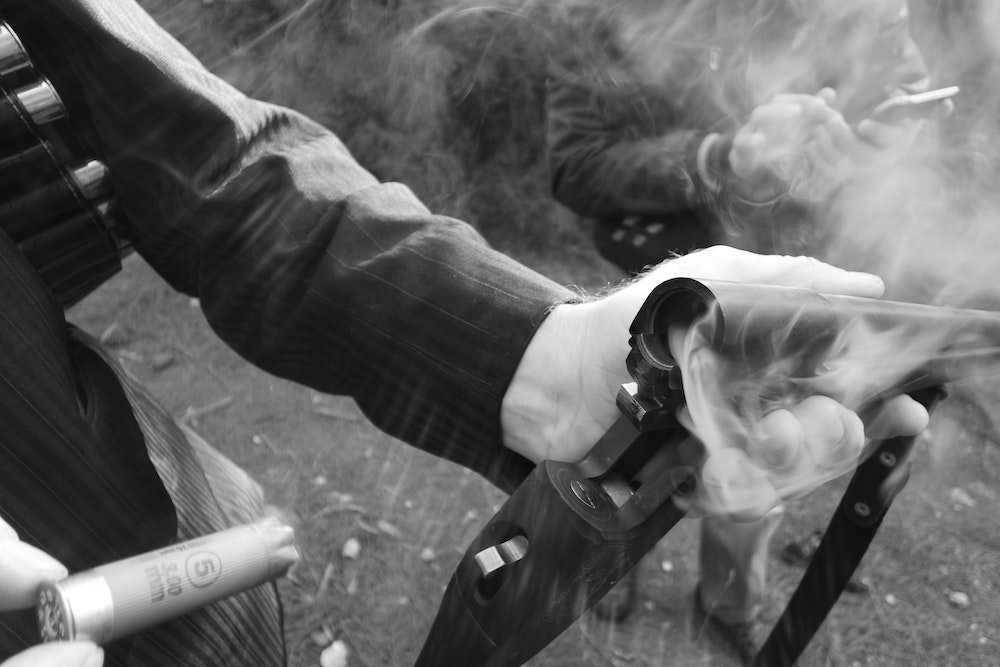If you have been charged with a weapons-related offence, it is important to understand the legal process and to take proactive steps to defend yourself against the charges. Hiring a knowledgeable and experienced weapons lawyer is one of the best ways to protect your rights and interests, but there are also some key strategies that you can use to defend yourself against weapons charges in court.
- Know the facts of your case: It is important to understand the specific details of your case, including the evidence that the prosecution has against you and the legal arguments that they are likely to make. This information can help you to prepare an effective defense strategy.
- Review the evidence: Take the time to review the evidence against you, including police reports, witness statements, and physical evidence. Look for any weaknesses or inconsistencies in the prosecution’s case that you can use to your advantage in court.
- Challenge the admissibility of evidence: If you believe that the evidence against you was obtained illegally or that it is not relevant to your case, you can challenge its admissibility in court. This can include challenging the validity of a search warrant, the reliability of a witness, or the relevance of physical evidence.
- Understand the legal elements of the charges: In order to be convicted of a weapons-related offense, the prosecution must prove certain elements of the crime beyond a reasonable doubt. Understanding the legal elements of the charges against you can help you to identify weaknesses in the prosecution’s case and to develop a defense strategy.
- Prepare an alibi: If you have a solid alibi that can place you elsewhere at the time the crime was committed, this can be a powerful defense in a weapons-related case. It is important to gather as much evidence as possible to support your alibi, including witness statements, receipts, and other documentation.
- Negotiate a plea bargain: In some cases, it may be possible to negotiate a plea bargain with the prosecution in order to reduce the charges or the penalties that you are facing. A weapons lawyer can help you to understand your options and to negotiate the best possible outcome in your case.
- Present a strong defense at trial: If your case goes to trial, it is important to present a strong and compelling defense. This can include calling witnesses, presenting evidence, and cross-examining the prosecution’s witnesses. Your weapons lawyer can help you to prepare your case and to present your arguments effectively in court.

Defending against weapons charges in court is a complex and challenging process, but with the help of a knowledgeable and experienced weapons lawyer, it is possible to protect your rights and interests and to achieve the best possible outcome in your case. If you have been charged with a weapons-related offence, it is important to take action as soon as possible in order to build a strong and effective defence.
If you or someone you know has been charged with Assault, contact De Boyrie Law today for a free consultation at this link. If your matter is immediate please contact us at (416) 727-1389. De Boyrie Law serves Toronto, Vaughan, and the Greater Toronto Area.
Stacey is a student at De Boyrie Law. She is currently studying to complete the BAR and is expected to join our firm once she has completed studies.

